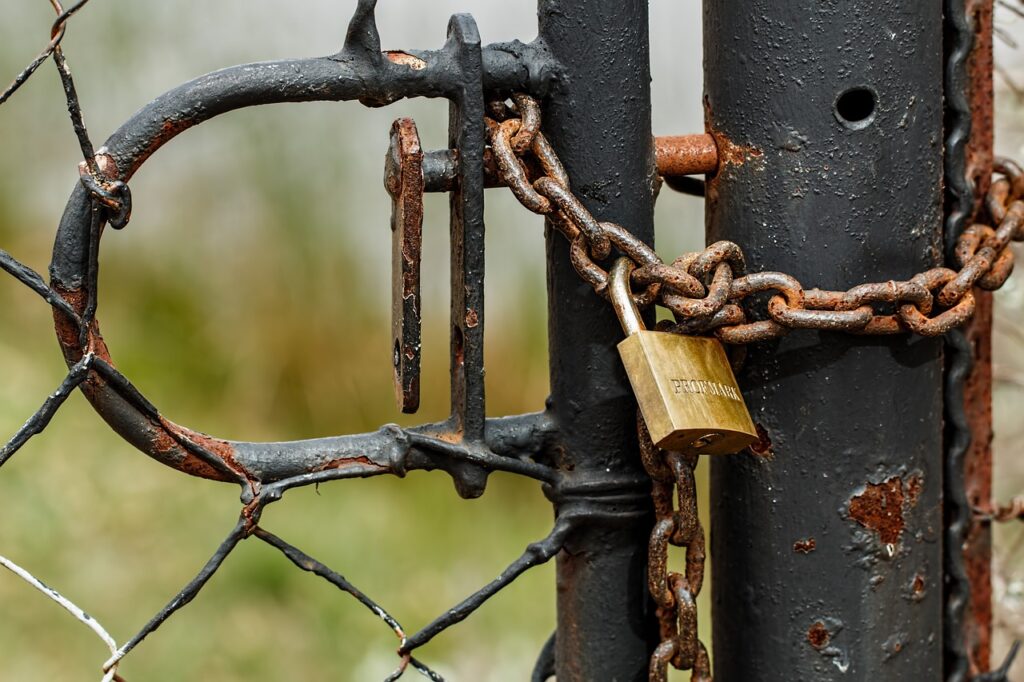Introduction:
In South Africa, housing is a fundamental human right protected by the Constitution. However, despite legal protections, unlawful evictions continue to be a reality for many individuals and families across the country. Understanding what constitutes an unlawful eviction and the recourse available is crucial in upholding the rights of tenants and preventing homelessness. In this blog, we delve into the concept of unlawful eviction in South Africa, exploring its legal framework, rights of tenants, and avenues for recourse.
Legal Framework:
The cornerstone of eviction law in South Africa is the Prevention of Illegal Eviction from and Unlawful Occupation of Land Act (PIE), which was enacted in 1998. PIE provides comprehensive guidelines regarding the eviction process, emphasizing fairness and due process for both landlords and tenants. According to PIE, an eviction is unlawful if it does not comply with the Act’s provisions, including obtaining a court order and providing adequate notice to the tenant.
What Constitutes Unlawful Eviction?
- No Court Order: Landlords must obtain a court order before evicting a tenant. This entails filing an application with the relevant court and providing valid reasons for the eviction.
- Insufficient Notice: Tenants are entitled to adequate notice before eviction proceedings commence. The notice period may vary depending on the circumstances but must be reasonable.
- Use of Force or Harassment: Landlords cannot resort to force, intimidation, or harassment to evict tenants. Any form of coercion is deemed unlawful.
- Failure to Follow Due Process: Landlords must adhere to the legal procedures outlined in PIE, including serving the correct eviction notice and allowing tenants an opportunity to contest the eviction in court.
Rights of Tenants:
Tenants have several rights safeguarded by South African law, particularly concerning eviction:
- Right to Dignity: Tenants have the right to be treated with dignity and respect throughout the eviction process.
- Right to Housing: The Constitution recognizes the right to adequate housing, and tenants cannot be arbitrarily deprived of this right.
- Right to Due Process: Tenants must be afforded due process, including the opportunity to present their case before a court of law.
- Right to Legal Representation: Tenants have the right to seek legal representation to defend their interests during eviction proceedings.
Recourse for Unlawfully Evicted Tenants:
- Legal Assistance: Tenants who believe they have been unlawfully evicted should seek legal assistance immediately. Organizations such as Legal Aid South Africa offer free legal services to qualifying individuals.
- Court Proceedings: Unlawfully evicted tenants can approach the court to challenge the eviction and seek redress. The court may order the landlord to reinstate the tenancy or provide compensation to the tenant.
- Complaints to Authorities: Tenants can file complaints with relevant authorities, such as the Rental Housing Tribunal or the South African Human Rights Commission, to investigate cases of unlawful eviction and enforce penalties against errant landlords.
- Community Support: Local community organizations and advocacy groups may provide support to unlawfully evicted tenants, including access to temporary shelter and assistance in navigating legal proceedings.
Conclusion:
Unlawful eviction is a violation of tenants’ rights and contravenes the legal framework established to protect housing security in South Africa. By understanding the legal provisions governing eviction and asserting their rights, tenants can challenge unlawful practices and seek recourse through legal channels. It is imperative for both landlords and tenants to adhere to the principles of fairness and justice outlined in the law to ensure housing security for all citizens.
In closing, combating unlawful eviction requires a concerted effort from various stakeholders, including government authorities, legal professionals, civil society organizations, and the community at large. By upholding the rule of law and promoting respect for tenants’ rights, South Africa can create a more just and equitable society where housing is truly a fundamental human right.

